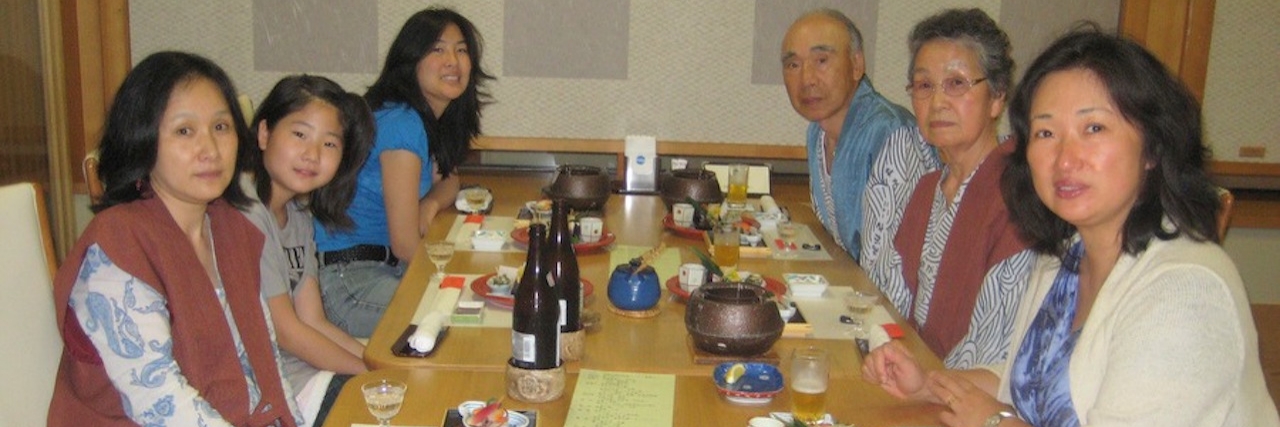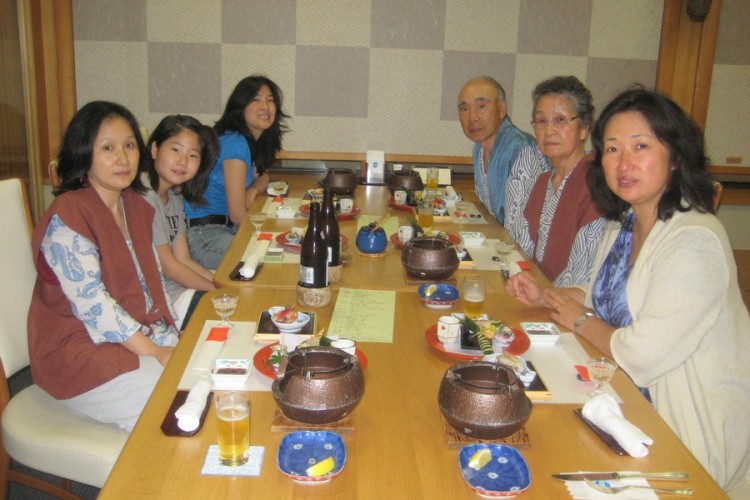You think you know me. The American. Your oldest daughter’s oldest daughter. The bilingual college graduate…go ahead, fill in the blank.
Other relevant stories:
• ADHD Organization Tools
• What Is ADHD Paralysis?
• Who Prescribes ADHD Meds?
• What is ADHD?
But there is one thing you don’t know about me. One thing I am terrified to tell you.
I am terrified to tell you I have ADHD.
It’s not because I don’t have the vocabulary for it. It’s because I don’t know how you’ll react. I’m terrified you will judge me. The only representations of disability that I see are on TV specials or soap operas about the physically disabled or terminally ill patients.
There is a stigma around the word “disability” in Japan. I don’t want to be seen as an object of inspiration. I want to be seen as a person. I don’t want you to treat me any differently than you have been. I want you to learn about disability from someone you know, rather than just believing what the media feeds you.
I believe every learning difference (as I prefer to call them) manifests itself differently in everyone. Just because I don’t exhibit the stereotypical symptoms of a learning difference doesn’t mean I don’t have it.
A few of you saw me walk across the stage and receive my diploma that sunny day in Oregon, but you never saw the notes other people took for me in class that I pored over, the office hours I went to or the extra time I was given during exams so I could get the grades I did. You might think it was just because I have always worked hard. I did work hard, but there is more to it than that.
So please don’t just say something like, “Do your best,” because sometimes the best thing for me to do is to walk away. Please don’t trivialize things I talk about by scoffing or snorting and saying, “That’s easy!” The truth is, some things that may be simple for you might be difficult for another person.
I’ve always wanted to ask you the question, “When you hear the word ‘disability,’ what do you think of?” I haven’t because I’m terrified of your answer. I’m terrified that if I’m open and honest about it, you won’t be understanding. I’m afraid you’ll put me in a (metaphorical) box labeled “damaged goods.” I’ve found the word “disability” is a label that society puts on others when we don’t do things the way “normal” people do.
I know societies love to categorize people, put them in boxes and sort them away because it’s easier. Labels are easy. I’ve lived with a label for over half of my life, and I usually forget about it. My friends forget about it because they see me for who I am. I don’t usually talk about it because I don’t want my past to define me. You can make it work. You can still contribute to society.
My brain simply processes information differently than others. That’s why I call it a learning difference. I can learn things; I just learn them in a different way than what you’re used to seeing. I can function. I’ve learned how to manage my symptoms. I’ve learned how to work around the roadblocks I’ve encountered. I don’t see it as a disability. I see it as a strength.
If by chance you see this, you might not be able to read it. But even if you do, I hope you will see me as the member of your family who you love and care for and not a disabled individual. I can’t hope to change the culture of the country where you live or how your national media portrays disabled individuals, but I can hope that one day, I can speak to you openly about this part of me, experience acceptance and maybe even challenge your beliefs surrounding disabilities (though I hope that by the time we have this conversation, I won’t have to).
I love you.
Follow this journey on Navigating Life on the Hyphen.


